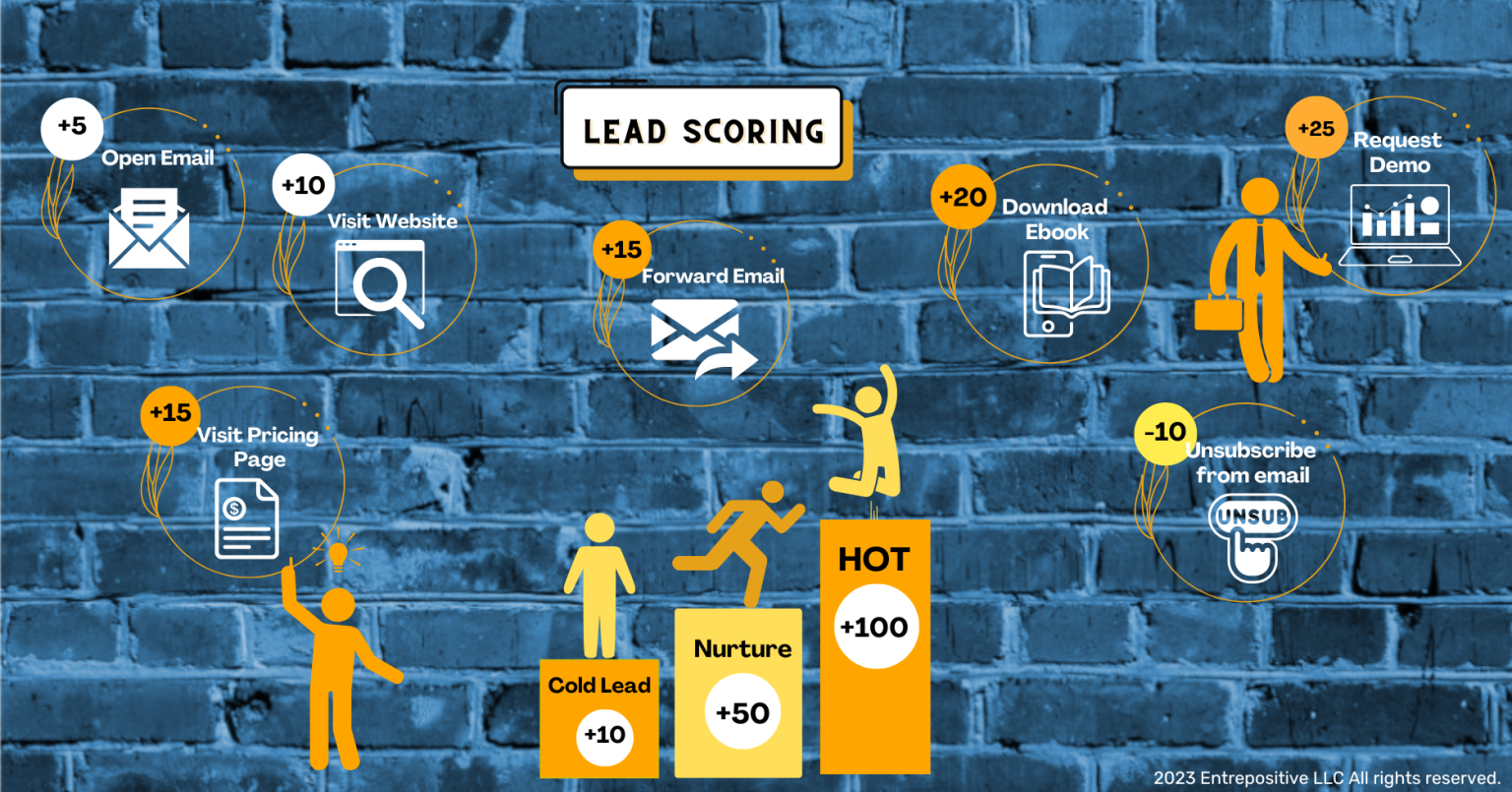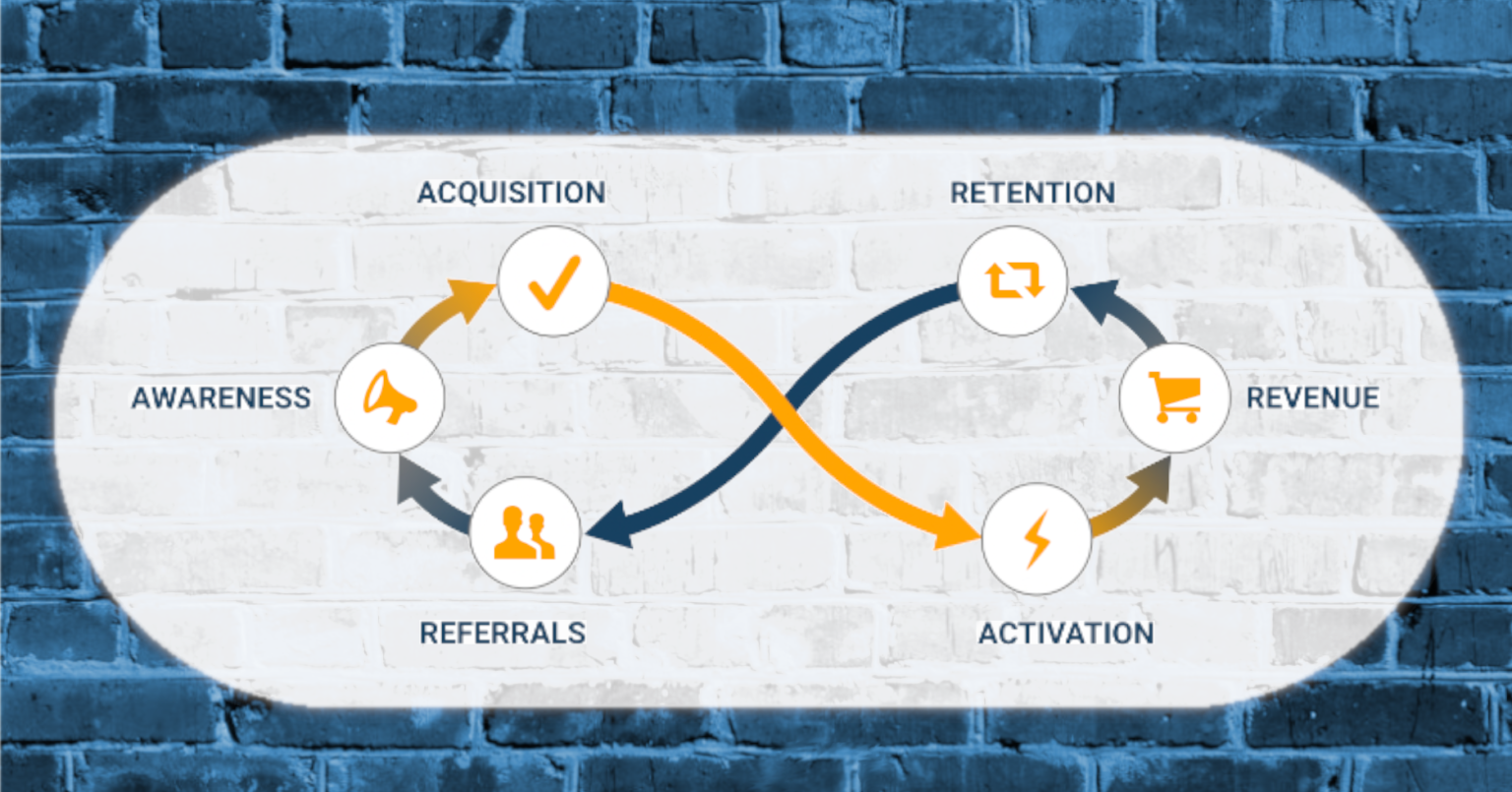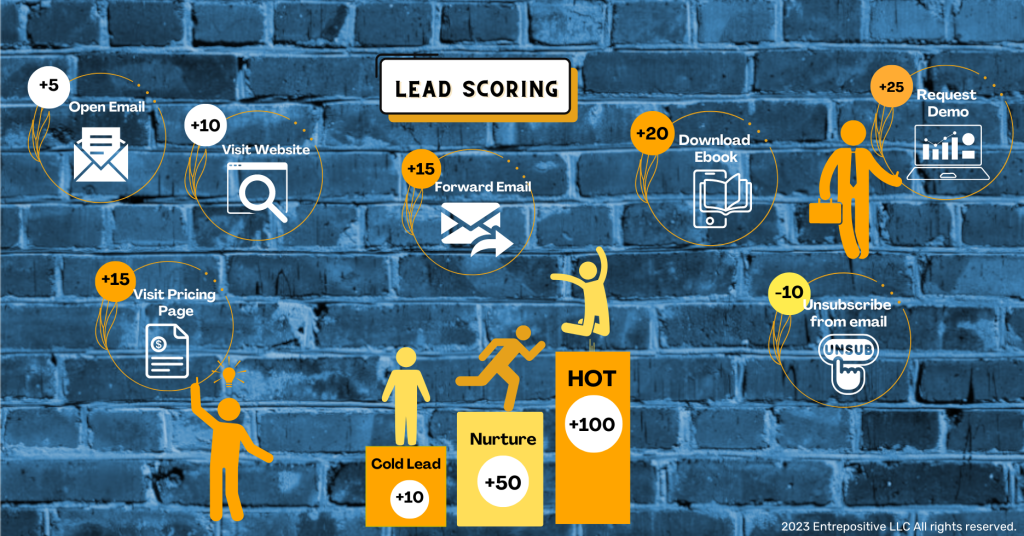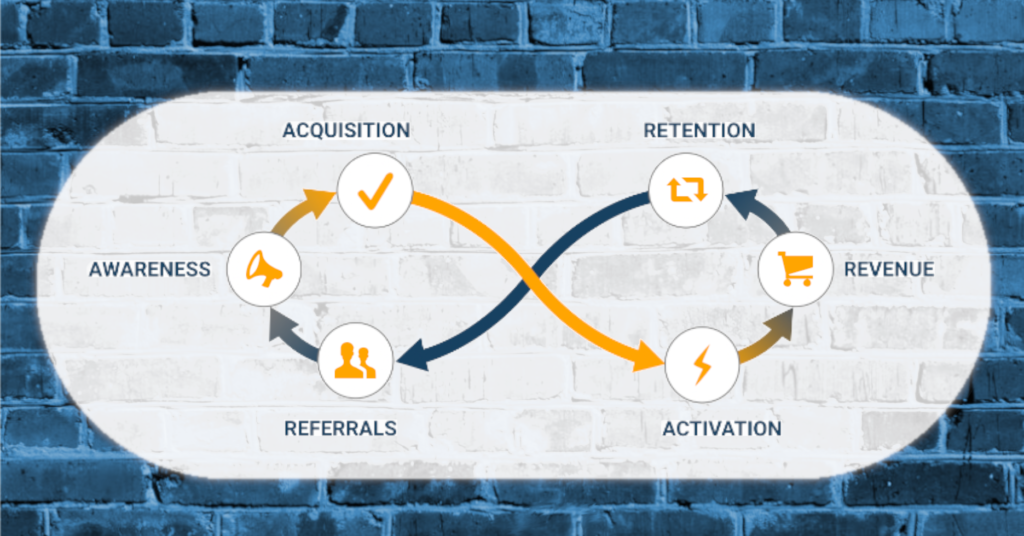
Lead Scoring: How Prioritizing Leads Improves Sales Results
Learn what lead scoring is and why it matters for your business. With automation, you could be driving high-value leads to your sales team, improving conversions.
In accounting, revenue is the total amount of income generated by the sale of goods and services related to the primary operations of the business.
Commercial revenue may also be referred to as sales or as turnover. Some companies receive revenue from interest, royalties, or other fees. “Revenue” may refer to income in general, or it may refer to the amount, in a monetary unit, earned during a period of time, as in “Last year, Company X had revenue of $42 million”. Profits or net income generally imply total revenue minus total expenses in a given period. In accounting, revenue is a subsection of the Equity section of the balance statement, since it increases equity. It is often referred to as the “top line” due to its position at the very top of the income statement. This is to be contrasted with the “bottom line” which denotes net income.
Read more on Wikipedia.

Learn what lead scoring is and why it matters for your business. With automation, you could be driving high-value leads to your sales team, improving conversions.

Top-down view of the customer lifecycle framework. In this article we break it down and explain the phases that make up this framework.

Learn what lead scoring is and why it matters for your business. With automation, you could be driving high-value leads to your sales team, improving conversions.

Top-down view of the customer lifecycle framework. In this article we break it down and explain the phases that make up this framework.
Using the form below, request a meeting. Your request will be sent to our team and we will follow up with you directly.
Note: This is a request and does not guarantee any time slot or a meeting

Login to your account